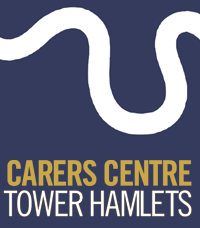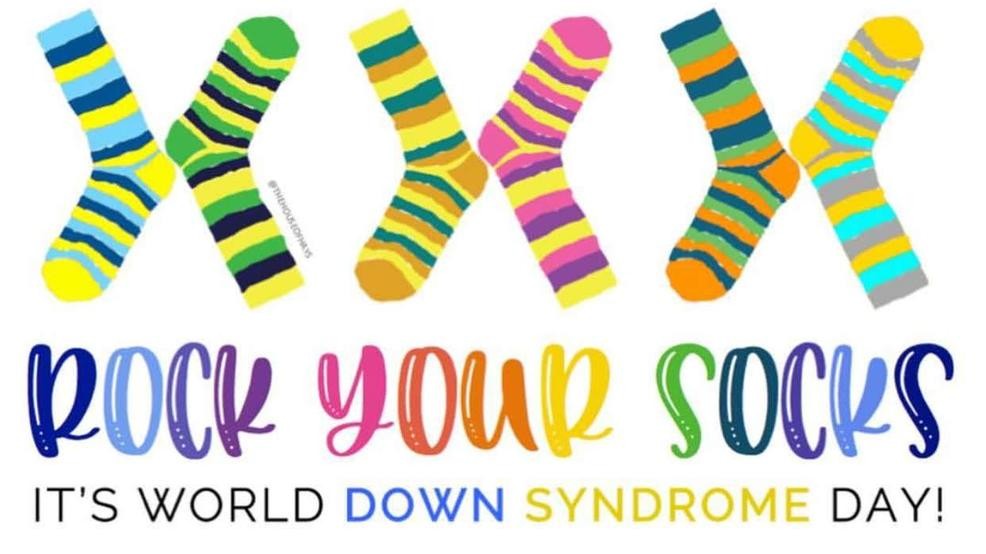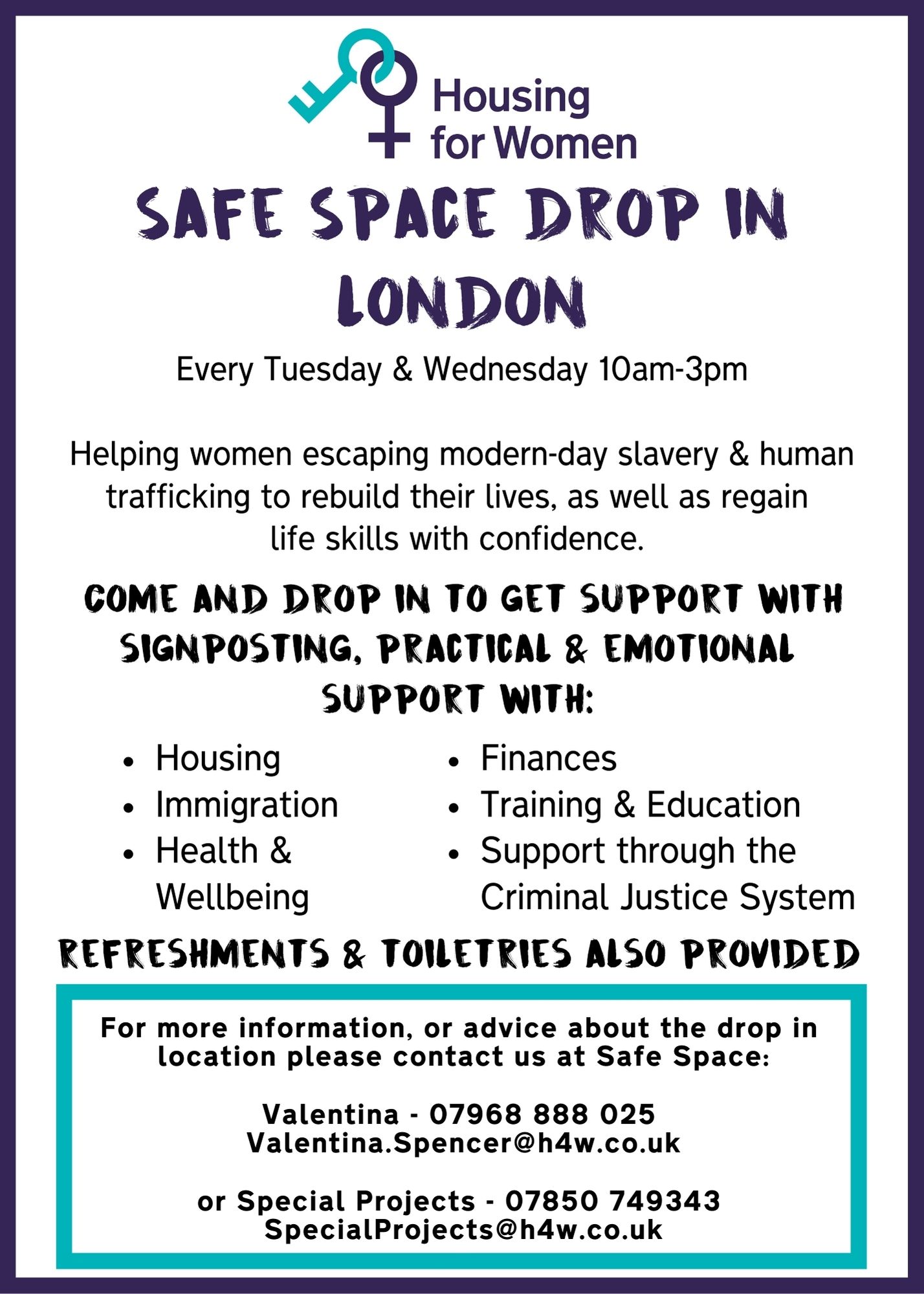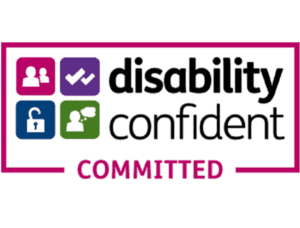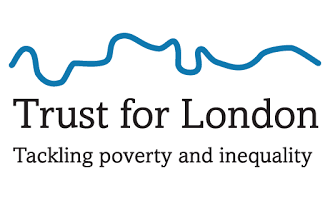Hello Everyone
I don’t know about you but being a carer is emotionally difficult. I do not want to be seen as the bossy one but I have found increasingly that I have to assume the in charge role. My parents unfortunately have become less vocal, a little more nervous and completely not confident in their abilities, even though in many ways they have not changed that much. They are unable to make decisions without wanting me to confirm that is a good choice etc. And yes I remember when that was their role to guide me with decision making and reducing the risk of mistakes LOL. I suppose the education I received from them has gone a long way in the choices I make, the work I do and now the way in which I support them.
Anyone who knows me at the Carers Centre will understand that I love to be supportive of people and kind and caring where possible for all. I am using these skills all the time now but of course it does come more naturally when it is family , friends and people you love. I understand that is why there are so many carers out there to keep their families going and not to mention that support carers give to the community and society at large. However, the emotional and psychological impact can be all consuming at times and this got me thinking that carers need to offload, talk and share and connect with others.
Did you know?
The Centre via the Academy offers registered carers the chance to undertake counselling with a qualified Psychotherapist who specialises in carers. He will se you for 4 sessions where he will give you mechanisms to manage your caring role, skills to cope when things are a little difficult, he will also triage you to then seek the correct avenue for your emotional support needed. This is a great resource for carers to aid their emotional wellbeing and if you feel that this is something you could benefit from then either speak to your Centre worker or email me. You must email confidentially why you need counselling as this helps our Counsellor prepare when seeing you. After all a better emotionally equipped carer makes the role easier to manage. One thing there is a waiting list so refer yourself if you need to as we can help now.
Don’t forget we also have a series of physical activities that improve your physical wellbeing, which has an impact on your emotional wellbeing – so come along to the Walking Thursday’s but unfortunately the Yoga is full this week but if you are lucky we should be having a regular Yoga weekly, so watch this space..

In the meantime here are some tips to keep you going …..

Also talking of feedback, I have been advised by the Carer Wellbeing Champions to send out reminder emails to carer with each blog’s direct link. If you want this please email and I will add to the list.
I could not go without acknowledging it is …
Down syndrome (or Trisomy 21) is a naturally occurring chromosomal arrangement that has always been a part of the human condition, being universally present across racial, gender or socioeconomic lines in approximately 1 in 800 live births, although there is considerable variation worldwide. Down syndrome usually causes varying degrees of intellectual and physical disability and associated medical issues.
So if you care for someone with Down Syndrome and we all love people with Down Syndrome then have a wonderful day and keep well.

£150 Government Council Tax rebate
The Carers Centre cannot help you with this but we are letting you know, so you can help yourself.
If you live in a property in council tax bands A to D, you are likely to receive a £150 council tax rebate from the government to help with the cost of living.
How will my household get its £150?
- Your council will confirm how the rebate will be paid in your area.
- For people who pay council tax by direct debit, in most cases, the rebate will go directly into bank accounts. If you don’t already pay by direct debit, you might want to sign up. This will make sure the rebate is paid to you quickly.
- For those who do not pay council tax via direct debit, your council will confirm how the rebate will be paid to you. Please make sure that communication is from your local council before providing payment details.
- The rebate will not need to be repaid.
- Carers Centre will not be able to help with this rebate.
What if my household isn’t eligible?
- Councils will receive an extra £144 million to provide support to vulnerable households who may not qualify for the £150 council tax rebate.
- This includes people on low incomes in council tax bands E-H.
- Your council will provide more detail on how this will operate in your area.
A £200 discount (loan) on energy
- . £200 of this year’s energy bill will be taken off from October and spread equally over the next 5 years.
This Weeks Activities
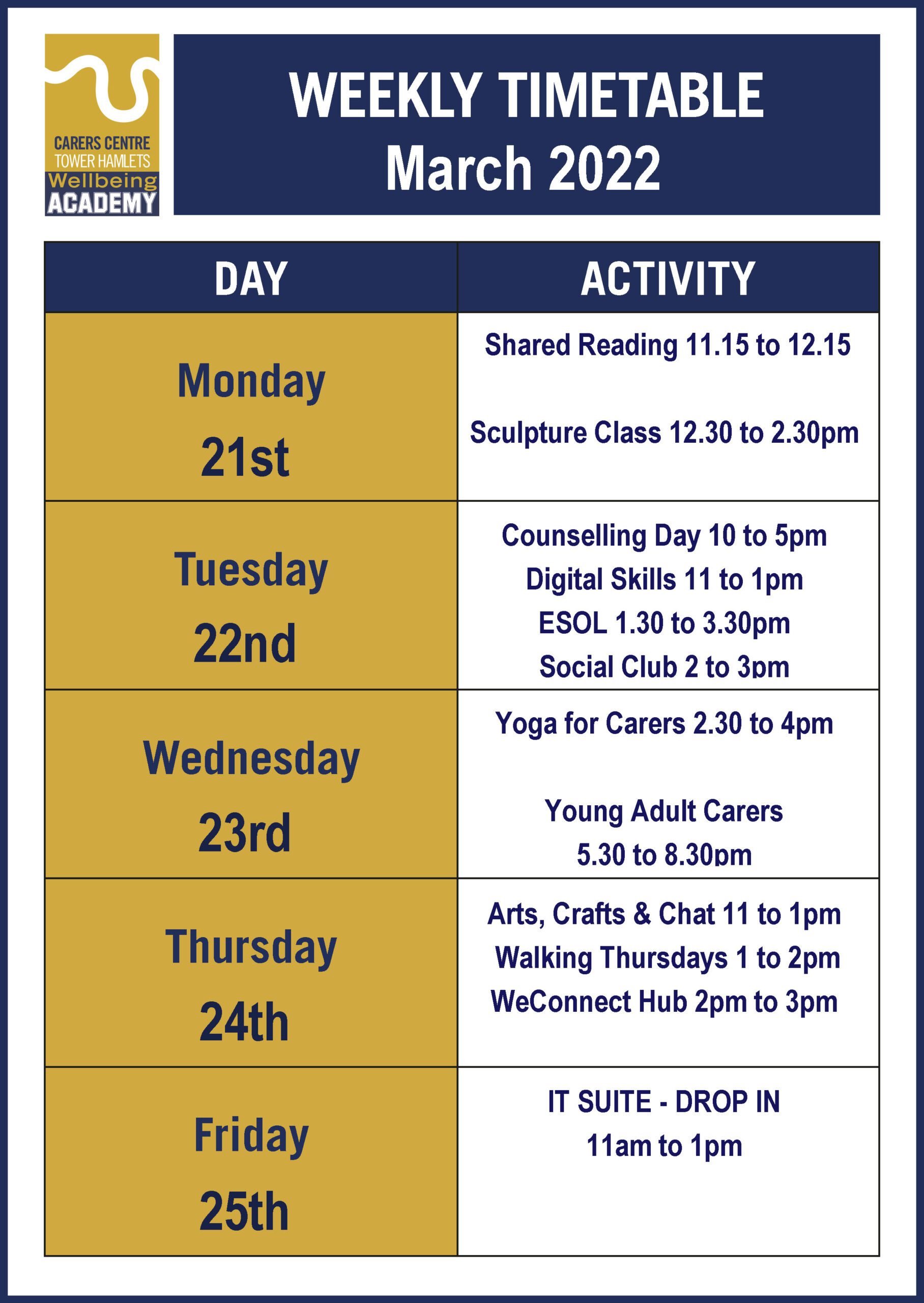
Spring Vaccine Explained: Who Can Get A Second Booster And How?
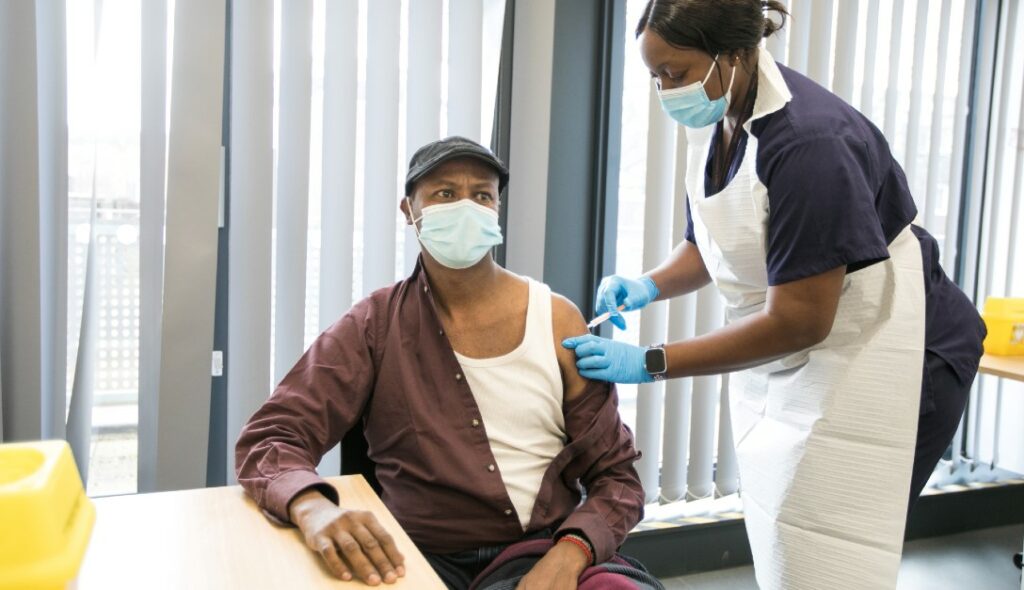
The spring coronavirus vaccine roll-out will commence next week, according to ITV News. The second booster will be the fourth jab received for some of those eligible and a fifth injection for vulnerable people who’ve already had an extra jab.
The booster jabs will either be Pfizer or Moderna. If you think you or your family members may be eligible, here’s the information you need.
Who is eligible in the spring vaccine programme?
In the UK, people aged 75 years and older, residents in care homes for older people, and those aged 12 years and over with a weakened immune system will be offered a spring booster.
How will people be informed about their appointment?
The NHS will contact those who are eligible. You will then be able to book online or call 119 to make an appointment to have your second booster.
Why is there a spring vaccine programme?
An additional vaccine will help protect vulnerable people against serious illness and potential hospitalisation.
“Covid-19 is more serious in older people and those with a weakened immune system. Protection from the vaccine may be lower and may decline more quickly in these people,” the NHS says.
“This spring booster is being offered as a precaution to those at extremely high risk, most of whom received their first booster around six months ago. If the number of infections increases over the summer, this booster should help to reduce your risk of being admitted to hospital with Covid-19.”
Will it be effective?
The effectiveness of the fourth jabs have been examined largely from Israel. It’s the first country to offer the fourth vaccines to over 60s, people with weakened immune systems and healthcare workers.
A study from Israel’s Ministry of Health and several Israeli universities examined nearly one million vaccinated people over the age of 60. It suggested a fourth dose of the vaccine offered up to twice the protection against getting infected and four times the protection against serious illness compared to people who have had three doses.
We previously spoke to Paul Hunter, a professor in medicine at the University of East Anglia, who said that a fourth booster campaign might not be as wide-spread as previous ones.
“The reason why boosters won’t be needed widely is that most people whether or not vaccinated have already also had a natural infection (current estimates are a bit uncertain but three out of four people seems to be a reasonable estimate) and a past infection provides better protection than vaccine depending on how long ago it was,” he said.
“But there are still quite a few older people and more medically vulnerable people who have not yet had an infection and they remain at risk of severe disease when vaccine immunity wanes, though not as much as if they had not been vaccinated.”
Will the rest of the population get a second booster?
So far, there are no booster announcements for the rest of the population.
Health Secretary, Sajid Javid told ITV’s Peston programme that he will wait for the JCVI’s advice before a second booster or fourth dose will be offered to more people. It’s likely this will happen in the autumn or towards the end of the year. Evidence on the effectiveness of this is still emerging.

JOB VACANCY – JD available upon request: email tony@ccth.org.uk
Job Title: Expert by Experience
Hourly rate: £15.00 plus travel expenses
Contract: Casual employment contract
Location: All areas of England
We are recruiting!
Do you have lived experience of using health and social care services in England?
Or are you a family carer of a loved one who uses a health or social care service in England?
Do you want to make a difference and help other people who use health and social care to have their voices heard?
An Expert by Experience is a person who has personal experience of using health and/or social care in the past 5 years.
Experts by Experience visit people who use health and social care and talk to them about what it is like for them.
Expert by Experience deliver the voice and experience of people who use health and social care to CQC working alongside CQC Inspectors as part of a CQC inspection team.
We want to recruit people who have had personal experience in the past five years of
- using health and social care
- caring for a family member or loved one supporting them to use health and social care
We want to recruit people
- who have experience of:
- inpatient mental health services
- detention under the Mental Health Act
- mental health services, within a forensic setting
- substance misuse services
- with a learning disability and autistic people who use health and social care services such as mental health services, supported living, shared lives, and residential adult social care
- with a physical impairment
- with a sensory impairment
- aged between 16-25 who have experience of using health and social care services
We want to recruit people who are family carers of
- older people
- people living with dementia
- people with a learning disability
- people with high support and complex needs
If you want to know more, please contact us for an informal discussion and to request an application pack please email expertsbyexperience@choicesupport.org.uk
You can also call Phil Perkins, Tel: 07803 247 972 or Emma Clements, Tel: 07554 453 250. If there is no answer, please leave a contact number so they can return your call.

Free family activities at Chrisp Street Market Spring Fayre
Join the Sunny Jar Eco Hub team at Chrisp Street Market on Saturday 26 March from 12pm – 4pm for a creative afternoon celebrating spring.
Learn how to upcycle plastic bags and other discarded material into beautiful flowers, take part in children’s play at Carmen’s café, and get a free bike check-up courtesy of Dr Bike.
What’s on >
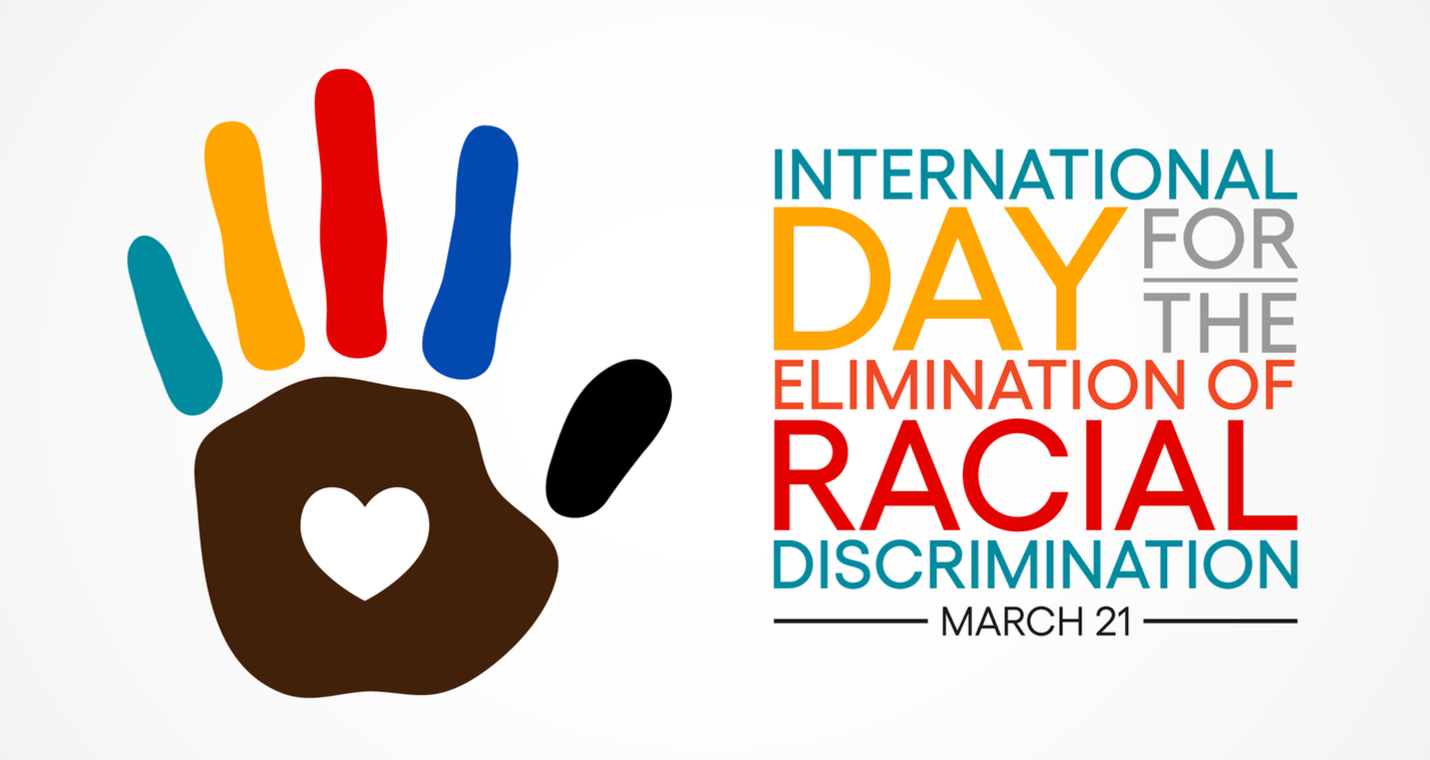
The International Day for the Elimination of Racial Discrimination is observed annually on the day the police in Sharpeville, South Africa, opened fire and killed 69 people at a peaceful demonstration against apartheid “pass laws” in 1960.
In 1979, the General Assembly adopted a programme of activities to be undertaken during the second half of the Decade for Action to Combat Racism and Racial Discrimination. On that occasion, the General Assembly decided that a week of solidarity with the peoples struggling against racism and racial discrimination, beginning on 21 March, would be organized annually in all States.
Since then, the apartheid system in South Africa has been dismantled. Racist laws and practices have been abolished in many countries, and we have built an international framework for fighting racism, guided by the International Convention on the Elimination of Racial Discrimination. The Convention is now nearing universal ratification, yet still, in all regions, too many individuals, communities and societies suffer from the injustice and stigma that racism brings.
“The International Day for the Elimination of Racial Discrimination is an opportunity to renew our commitment to building a world of justice and equality where xenophobia and bigotry do not exist. We must learn the lessons of history and acknowledge the profound damage caused by racial discrimination.” (former UN Secretary-General Ban Ki-moon).
Background
The International Day for the Elimination of Racial Discrimination is observed annually on 21st March, the day the police in Sharpeville, South Africa, opened fire and killed 69 people at a peaceful demonstration against apartheid “pass laws” in 1960.
In 1979, the General Assembly adopted a programme of activities to be undertaken during the second half of the Decade for Action to Combat Racism and Racial Discrimination. The General Assembly decided that a week of solidarity with the peoples struggling against racism and racial discrimination, beginning on 21 March, would be organized annually in all States.
Since then, the apartheid system in South Africa has been dismantled, racist laws and practices have been abolished in many countries, however still today, too many individuals, communities and societies suffer from the injustice and stigma that racism brings.
“Voices for action against racism” is the theme for 2022. It aims at highlighting the importance of strengthening meaningful and safe public participation and representation in all areas of decision-making to prevent and combat racial discrimination; reaffirming the importance of full respect for the rights to freedom of expression and peaceful assembly and of protecting civic space; and recognizing the contribution of individuals and organizations that stand up against racial discrimination and the challenges they face.
This simple message can be a powerful vehicle to encourage people everywhere to strengthen and consolidate their voices against racism, to mobilise against all forms and manifestations of racial discrimination and injustice, and to ensure a safe environment for those who speak up.
Voices for action against racism is consistent with our borough’s No Place for Hate Campaign & Pledge commitments and indeed our pledge to become an anti racism borough by 2025. The day also provides an opportunity to reflect on our actions and treatment of people who are different from us on racial, ethnic and or other personal characteristics.
To mark this day we are therefore asking our Partners & Hate Crime Champions to:
- Raise awareness of racial discrimination, injustice and hate crime among staff in your organisations and local communities. (Race Hate Crimes continue to be the highest reported strand of hate crimes in England & Wales accounting for a third of the 114, 958 reported hate crimes in 2020/21
- Become a No Place for Hate Champion
- Review your policies, procedures and practices to ensure they are inclusive of people including those from a different racial background.
- Reaffirm your commitments to our No Place for Hate Campaign by encouraging staffs, service users, family members and peers to make a united stand against all forms of hate crime by signing the attached Personal Pledge and return to hatecrime@towerhamlets.gov.uk Alternatively pledges can be completed online at: www.towerhamlets.gov.uk/hatecrime
A further reminder of services provided by Tower Hamlets Hate Crime Team:
- Hate Crime advice to individuals & professional, signposting to specialist support services
- Coordinate Tower Hamlets No Place for Hate Forum & Hate Incident Panel
- Annual Hate Crime Delivery Plan
- No Place for Hate Campaign/Pledge & Champions Project
- Free training, awareness and outreach including Champions Training
- Hate Crime Manual with a directory of support services
- Marking notable hate crime events such as National Hate Crime Awareness Week..etc.
- www.towerhamlets.gov.uk/hatecrime
To report a Hate Crime emergency call the Police on 999, non-emergency 101. Victim Support National Helpline 0808 168 9293.
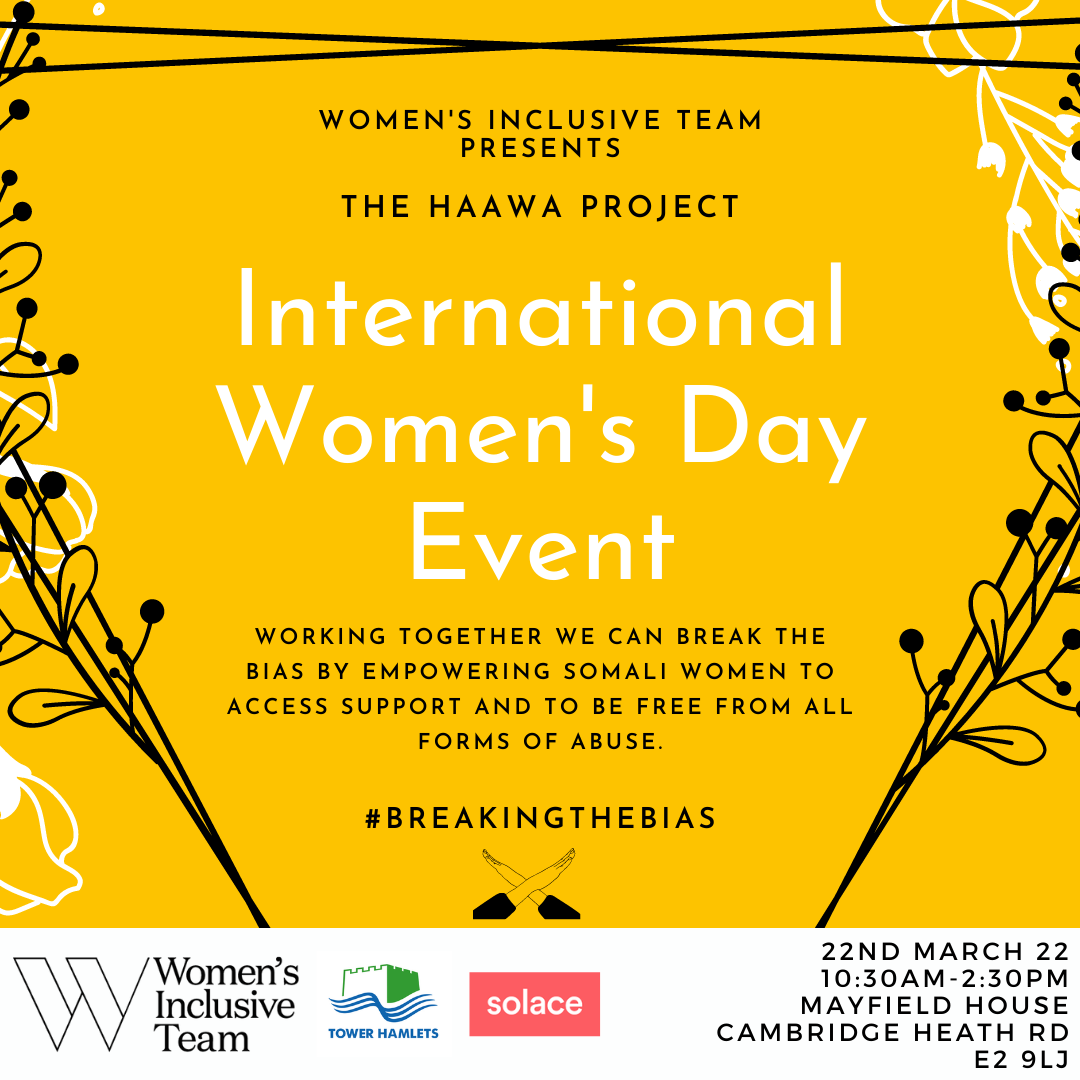

Check out a new free course that has just been launched that focuses on carer wellbeing. It is called ‘Physical activity for health and wellbeing in the caring role’ and has been kindly endorsed by the Carers Trust. The course is 6 hours in length and learners can achieve a ‘badge’ on completion of the end quiz, and this can be added on a CV to evidence their learning/continuous professional development. We hope that it will be helpful to those working with carers, including carer centre staff, those supporting carers less formally and importantly carers themselves!
A carers guide to home fire safety
A new video resource has been launched on the London Fire Brigade website to help carers learn how to keep people that receive care safe from fire.
Sadly, around one third of those here who die or are severely injured by fire are in receipt of some form of care or support. If you are a formal (domiciliary care worker, support worker or clinician) or informal carer (family member, friend or neighbour) and are caring for someone in their own home, this new resource will help you identify fire risks and show you what you can do to reduce them. There is also more information available on the website around fire safety and prevention.
Watch the video >

ELOP’s LGBT+ Groups
Join our fun, friendly and non-judgemental safe space to meet new people and discuss LGBT+ topics!
LGBT+ Over 50 Social Group
Every Monday 1.00 – 2.30pm, online
LGBT+ Social Support Group
Every Tuesday 7.00 – 8.30pm, online
Stonewall – https://www.stonewall.org.uk/
LONDON Friend – https://londonfriend.org.uk/
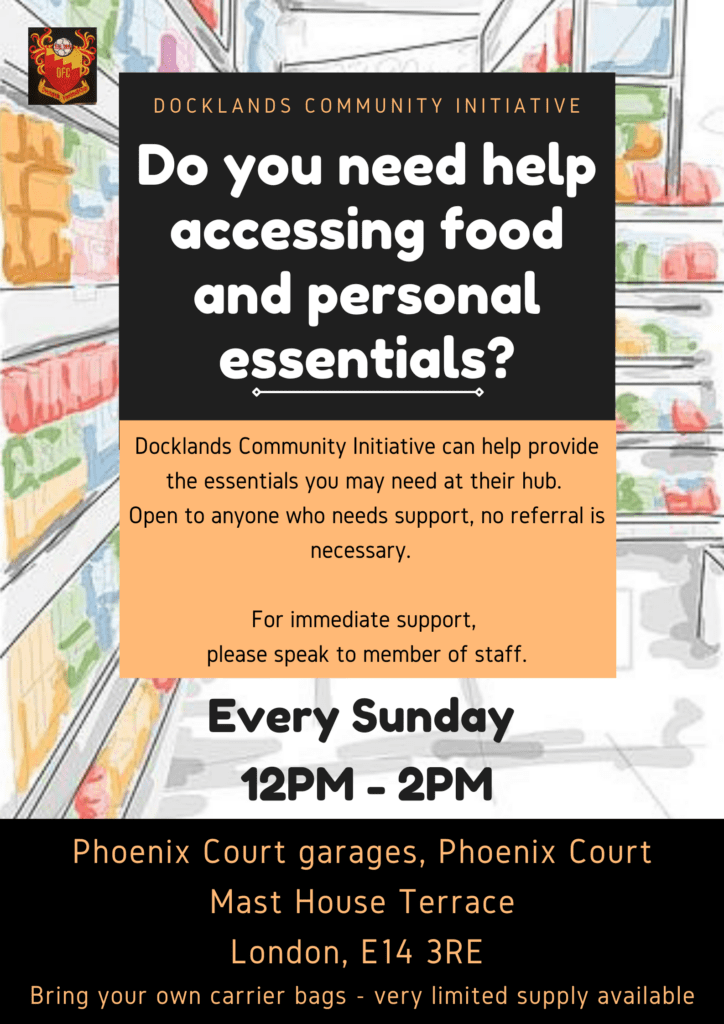
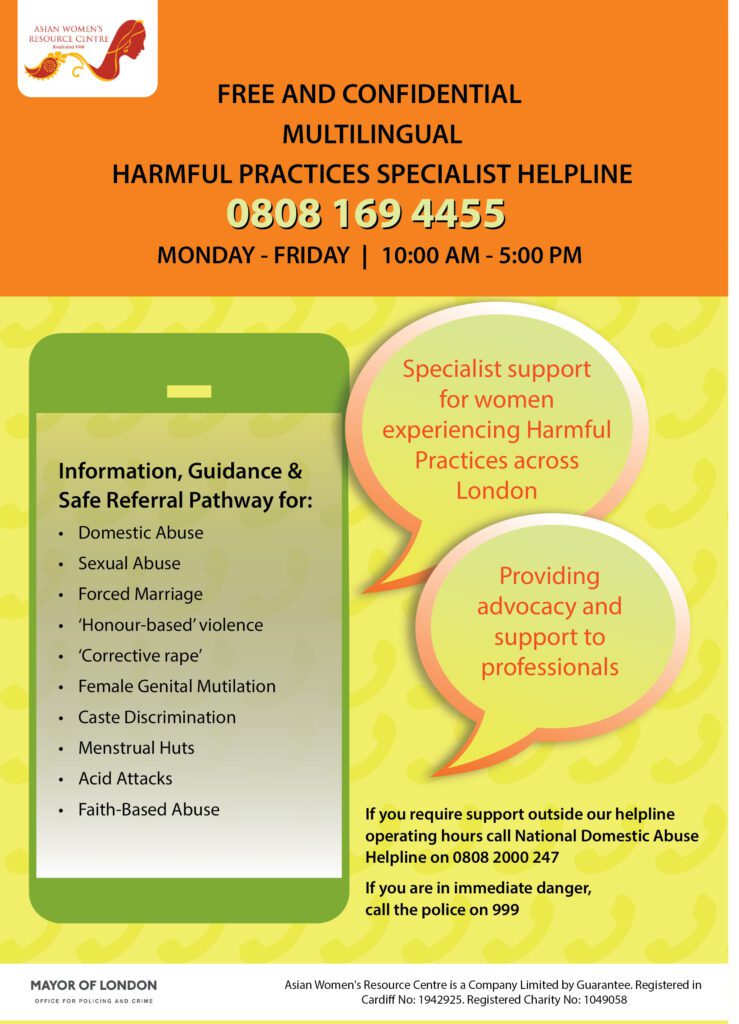

WALKING ALONE? REMEMBER THESE 10 TIPS
1) Plan Your Route
Make sure you plan your route ahead of time. If you are walking in an area you are not familiar with, this can help keep you from getting lost. You will be able to walk with confidence. If you do get lost, don’t wander aimlessly, find a gas station, supermarket, or fast-food restaurant where you can ask for directions.
2) Make Sure Someone Else Knows Your Plans
Don’t go out when it is dark without telling someone, even if you are just taking the dogs out for a walk around your neighbourhood or walking home from a friend’s house nearby. It may seem paranoid, but in fact, knowing someone knows where you are can be reassuring and help you feel safe. If you fall and hurt yourself or run into trouble, and someone knows where you are, they can send help if you don’t arrive at your destination on time.
3) Always Carry Your Phone with You
Always carry your phone, but not for music or to make social calls as your walk. Your phone can be a lifeline if you see something suspicious or worse if something happens to you. Download a safety app on your phone, so you’ll be able to discreetly alert the authorities if you feel threatened or see something suspicious.
4) Avoid Suspicious People and Areas
Areas that are dark, deserted, or out-of-the-way, such as an alley or a parking lot, can be riskier than a well-lit area full of people. Stick to busy, lighted paths, to minimize the risks. Also, walk mainly in familiar places where you are known. That way, if you feel like a suspicious person is following you, you can always duck into a store you know or knock on a neighbour’s door. Avoid empty streets and pathways with thick shrubbery.
5) Keep Your Hands Free
Except for a flashlight and one of the items discussed below, keep your hands free. If you are carrying anything, put it all in one bag or backpack. This will make it easier for you to react if you notice someone following you. In a dangerous situation, carrying too many bags can keep you from moving as quickly as you can if your hands are free or if you only have one bag.
6) Carry a Non-Violent Deterrent
In addition to a flashlight, carry a non-violent deterrent such as a whistle, mace, or pepper spray. A whistle will help you alert others and call them to aid you if something is wrong. The loud noise may put off attackers, and they’ll move on to find someone else. Mace or pepper spray can give you enough time to evade a potential attacker, and in a pinch, a flashlight can be used as a weapon. Make sure you know how to use the mace or pepper spray to get its full effect.
7) Wear Reflective Clothing to Prevent Accidents
When it comes to personal safety, it’s not just about suspicious people. Areas with low visibility can be prone to accidents. Reflective clothing allows bikers and cars to see you as you walk along. A flashlight or headlight can also help drivers see you if there are dark stretches of road on your route.
8) Take a Self-Defence Class
When fighting off something as an assault, the element of surprise can work in your favour. If you regularly walk alone, take a self-defence class. You don’t have to become a black belt. In fact, it’s probably better to learn something like Krav Maga, which has been popular for self-defence. The idea is to disable your attacker enough for you to get to safety, and a class focused on self-defence will help give you those survival skills.
9) Remove Any Distractions
Keep your phone in your hand in case you need to hit the panic button on your safety app, but don’t let it distract you. When walking alone at night for exercise, music can be motivating and energizing but also distracting. You may not hear someone driving or walking up behind you. Avoid wearing headphones or talking on your phone as you walk.
10) Trust Your Gut
When walking alone at night, trust your gut. If you feel like an area or situation may be dangerous, don’t wait around to find out. Stop and scan your surroundings if you think someone is following you. If you are being followed, walk as quickly as you can to a well-lit public place. You can wait until you feel safe, or call a friend, a taxi, or an Uber to help you get safely get home at night.
Following these personal safety tips will help keep you stay safe when walking alone. Always be aware of where you are and alert to suspicious activity.

Important Numbers:
Domestic Violence Duty Line: 020 7364 4986 between 9am – 5pm.Victim Support: 020 7364 2448/7957
Just wishing everyone a peaceful, safe and week and remember if you need information and advice from the Carers Centre just email enquiries@ccth.org.uk
Tony Collins-Moore
Carers Wellbeing Academy Manager

Opening hours
Monday - Friday – 9.30am – 5pm
Saturday and Sunday – Closed
